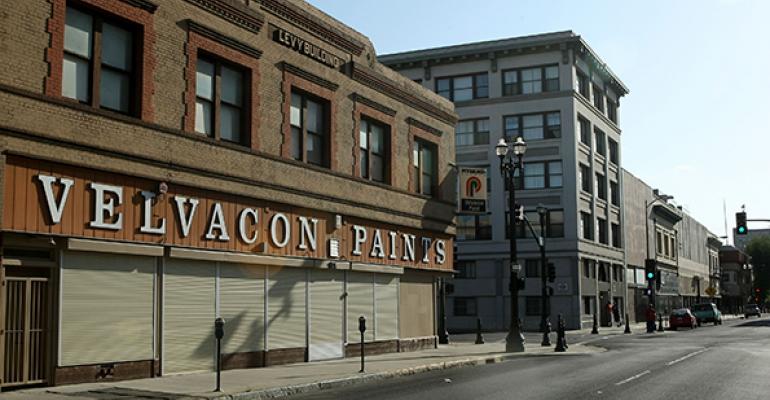In 2016, a record number of commercial mortgages underwritten at the height of the market will reach maturity. It’s estimated that approximately $350 billion in CMBS loans will mature between 2014 and 2017 across all types of commercial real estate.
When a loan comes due, the owner must refinance, place new debt or sell the asset. If the lending environment becomes less favorable and the market value becomes significantly lower than the loan, owners who are strapped for cash will have their properties seized and placed into receivership.
When a property goes into receivership, it’s considered REO. Receivers are then responsible for righting the ship and getting the asset to perform. Receivers can stop a property from going into full foreclosure by keeping a clean balance sheet, negotiating a way to pay off the loan with the current owner and finding a purchaser to take the asset off the owner’s hands.
What some real estate owners may not realize is that if a property goes into receivership, it will void their insurance coverage. If a property is facing bankruptcy or is in receivership, a loan-servicing group should review coverage options immediately. Doing so will help keep costs as low as possible while still providing coverage. Force-placed coverage can cost almost 10 times the typical market rate, so securing middle-rate coverage is key.
While interest rates and loan-to-value ratios are currently favorable, there is a very real possibility that the real estate market could turn in a negative way, causing a wave of REO product to come back to the market.
It’s important for insurance agents who work in commercial real estate to be up-to-speed on the process of insuring REO properties and best practices for securing coverage. If the right kind of coverage isn’t supplied, the owner might end up paying premiums on the wrong kind of insurance that won’t protect them in a claim. Insurance agents need to do their research and know which carriers offer the correct coverage for REO assets.
Given the cyclical nature of the real estate market, there’s a strong possibility that a repeat of 2008 can occur. It might not have such a widespread economic effect this time, but the more prepared owners and insurance agents can be, the better.
Michael Shadeed is the Director of Franklin Street Insurance Services based out of the company’s Atlanta office, specializing in all commercial real estate product types including apartments, office, industrial, retail, and hotels. He can be reached at 404-832-1250 or [email protected].

